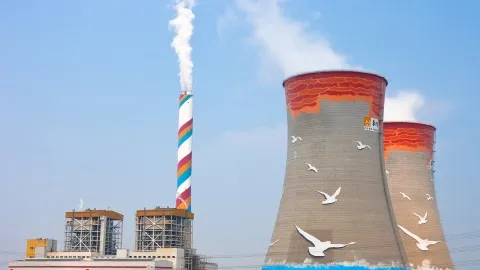
TNB eyes early retirement for coal plants to accelerate sustainability goals
It plans to retire 1400MW plants up to one year before the expiration of the PPAs.
Malaysia’s Tenaga Nasional Berhad (TNB) is planning to retire selected coal plants earlier than the expiration of their power purchase agreements in a bid to accelerate its sustainability goals to reach net-zero emissions by 2050.
In a statement, TNB said the coal retirement plans will help increase the enterprise value and transition the portfolio of the TNB Power Generation Sdn Bhd (GenCo).
“We hope to start with Kapar Energy Ventures (KEV), and are exploring the viability of retiring the 1400 MW plant up to a year ahead of its PPA expiration subject to shareholders’ agreement and approvals from the relevant authorities and regulators,” said TNB President and CEO Dato’ Indera Ir. Baharin Din.
“As for repowering plants with new technology, we have recently received a Letter of Intent to allow the repowering of our 1400 MW gas-powered plant in Paka, which we intend to make hydrogen ready by 2029,” he said.
TNB is also seeking collaboration with technology partners to provide technology that will help GenCo venture into cleaner sources, such as hydrogen.
Bahrain said they aim to capture by 2050 a “significant share” of around RM40b of the clean energy market which is estimated to reach between RM65b to RM80b.
“Through these deliberate steps to increase its enterprise value and sustainability position, we are also staying open to the possibility of an Initial Public Offering (IPO) of GenCo, should the opportunity come up,” Baharin said.
READ MORE: Malaysia’s TNB power station in Kenyir resumes operation
Aside from this, the company also plans to grow its renewable energy portfolio in its adjacent markets in Asia Pacific and Europe. It plans to install over 14 gigawatts (GW) of renewable energy by 2050 which can help avoid around 6.9 million total carbon dioxide per megawatt-hour.
The company also aims to continue investing in developing the Grid of the Future, and accelerate the adoption of electric vehicles (EV) to capture a potential RM1.3b market value by 2030. It will also invest RM90m to support the EV ecosystem in the span of three years.
Baharain said these efforts aim to boost the demand-side of the power sector by promoting EV adoption to reach 500,000 EVs on Malaysian roads by 2030.
The increasing need to address the impact of climate change propelled the company to accelerate its decarbonisation plans and reach its target of a 35% reduction in carbon emissions intensity and a 50% reduction of its coal generation capacity by 2035, he said.
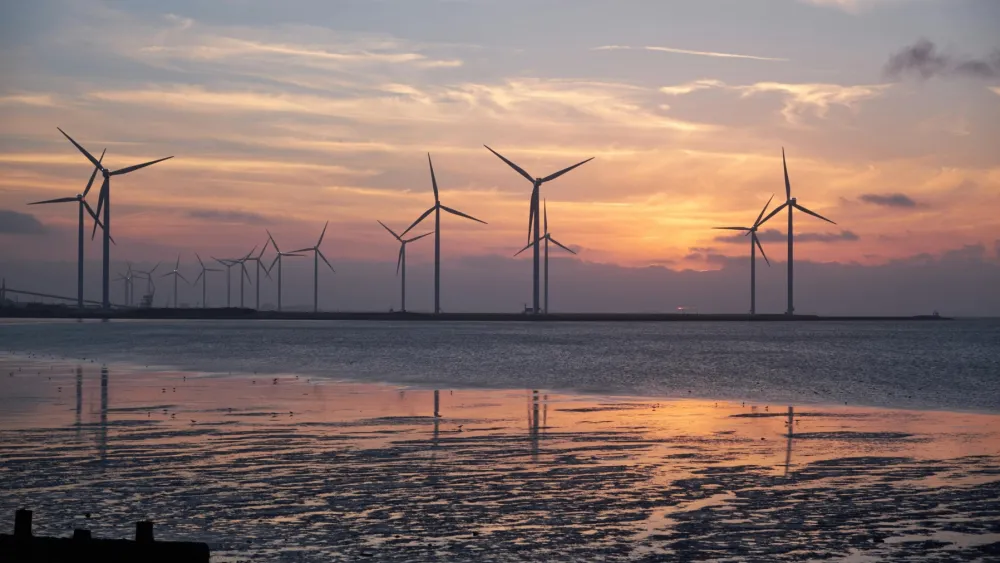
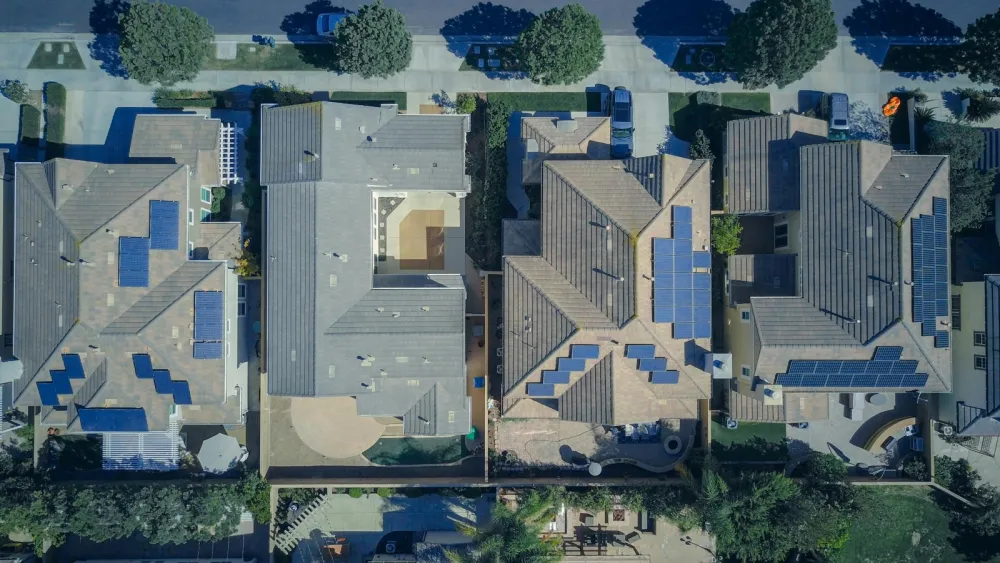
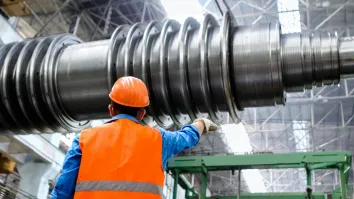
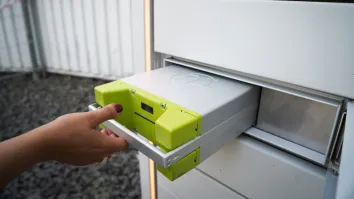
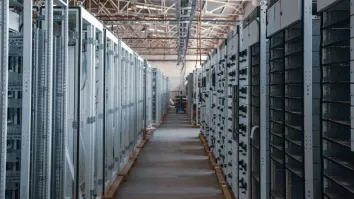
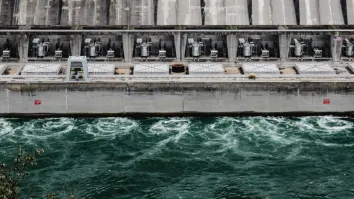













 Advertise
Advertise







